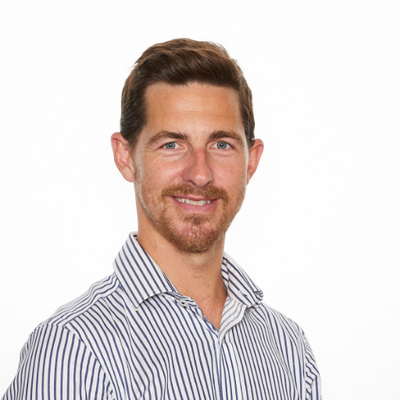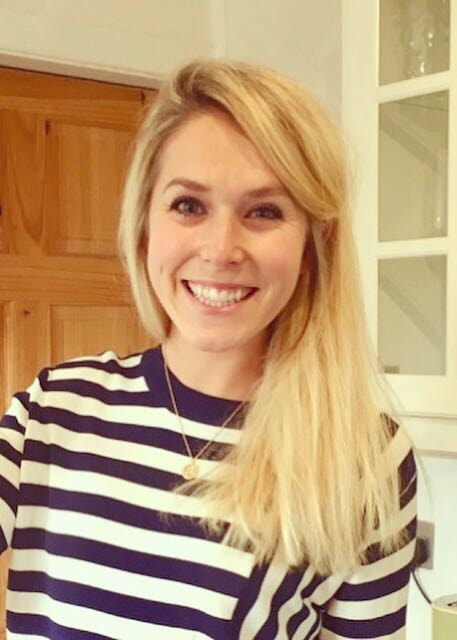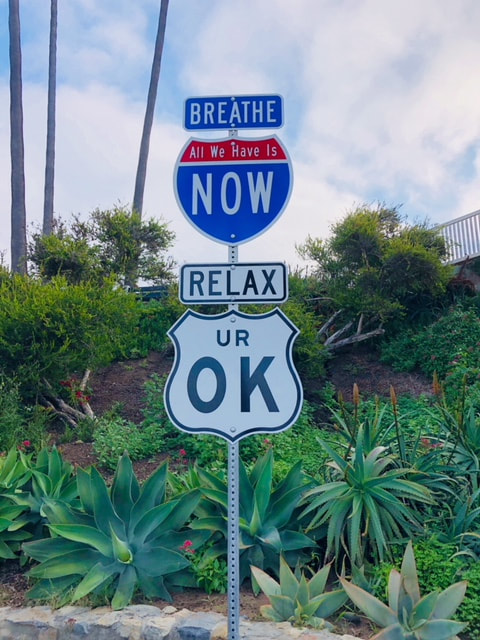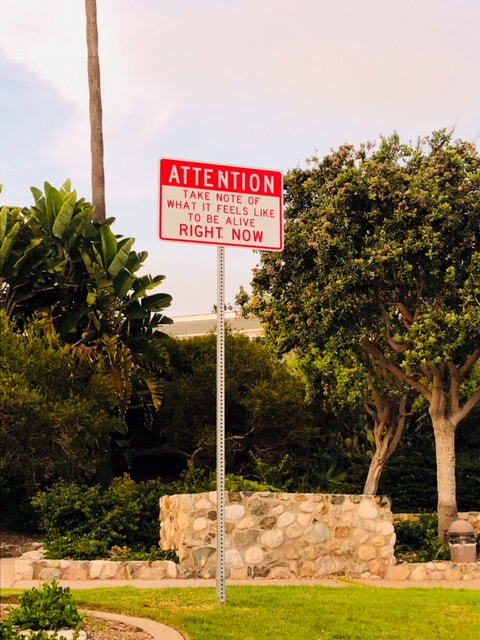|
Dr Tom Cromarty Editor Interests: Paediatric Emergency Medicine, Medical Engagement and Leadership, Simulation, Quality Improvement, Research Twitter: @Tomcromarty |
Welsh Research and Education Network
WREN BlogHot topics in research and medical education, in Wales and beyond
Dr Celyn Kenny Editor Interests: Neonates, Neurodevelopment, Sepsis, Media and Broadcasting Twitter: @Celynkenny |
|
Guest blog from Dr Nicole Parish, Clinical Psychologist, Noah’s Ark Hospital for Wales We’re led to believe that multitasking is a good thing. That tackling several activities in one go, while thinking of many more, is a highly regarded skill essential to our professional and personal lives. But could there be advantages of not planning the next activity while you’re still doing your last; of not checking your phone while eating lunch; or of not mentally replaying things from your day while watching TV? What if instead there was a drive to do one thing at one time? Well, that’s the concept of mindfulness: to actively focus your attention on one thing in the present moment and to do it in an accepting, non-judgmental way. I am Nicole, a Clinical Psychologist working within the Children’s Hospital for Wales and I am keen to promote the idea of mindfulness for staff well-being. As an outsider, I can see how a career in medicine could take its toll: the multiple demands, the irregular shift patterns and dealing with difficult situations on a daily basis. I feel it is important to do all we can to change the inevitably flawed systems in which we work in and, until then, support staff to manage it. Rather than just expecting them to cope. Thank you to Lisa Budd for her photograph from California Our working lives can make our already busy minds even more frantic. We’ll go over things that have happened; thinking about how things could have or should have gone. Equally, we daydream about what’s to come; practicing conversations in our head or imagining the worst case scenario. In recognising this, mindfulness first asks us to slow down the mental chitter chatter. To notice when your mind is going off on a tangent and to bring it back to the here-and-now. Then there’s the judgments we make. The continual and automatic criticisms we have about anything and everything. That sound is irritating, that person is really frustrating or I’m so stupid I shouldn’t have done that! This is why the second concept of mindfulness asks us to be open to all experiences in a non-judgmentally. Imagine two people are caught in a downpour of rain. One is furious, wishing they’d checked the weather forecast and worrying that they’ll get a cold. Whereas the other notices the pressure of the rain droplets on their shoulders and the feeling of cold water on their hands. Both of them will get just as wet, but their emotional experiences of the storm are going to be very different. Having said that, mindfulness isn’t a miracle cure that’s going to make all your stress disappear. But focusing on only one thing may help you to feel more settled, even if just for a moment. Perhaps doing less at once could help you to tackle more? And taking the time to tune into how you are feeling may motivate you to make beneficial changes. At work you’re expected to wash your hands between seeing patients, and perhaps there is a way to think about refreshing you mind in a similar way? Thank you to Lisa Budd for her photograph from California If you’re interested in finding out more, the books ‘Mindfulness: Finding peace in a frantic world’ by Mark Williams and Danny Penman, and ‘Wherever You Go, There You Are’ by Jon Kabat-Zinn are a good place to start. Plus many health boards in Wales offer mindfulness initiatives for staff. For example, I deliver drop-in mindfulness sessions every fortnight within Cardiff and Vale UHB. There are also free courses lead by Academi Wales, such as ‘An Introduction to Mindfulness’ and their 3-day retreat style ‘Explore and Walk’, which I can say first hand is brilliant.Want to start smaller? You can make tweaks to your routine to be more mindful, the trick is finding something that works for you. My sister, for example, is a fan of listening to an app on her phone for about 5-10 minutes a day (well, on the days she remembers and that’s fine!). If you’d like the structure of a guided meditation, and could benefit from taking yourself away for a short period of time, some good ones to try are Headspace (free to download, with an optional subscription), Buddhify (initial fee for the app, then free to use) and Smiling Mind (free to download and free to use). Whereas I prefer to build the ideas of mindfulness into what I am already doing. I use my walk home as an opportunity to focus on the scene around me, the colour of the trees and the movement of my feet. If that’s more up your street, try choosing one thing to do with more intent and curiosity. When brushing your teeth, notice the sensation of the bristles and taste of the toothpaste; when washing up, pay attention to the temperature of the water and the squeaky sound of the sponge; or perhaps sit down to really enjoy that cup of tea, rather than picking up your mug to take a sip only to find you’ve drunk it all!
So instead of multitasking, maybe it is time to try focusing your attention on just one thing? Purposefully and non-judgmentally. You won’t do it perfectly and you will get distracted. But that’s ok. Mindfulness isn’t about getting it right, it’s all about noticing, accepting and refocusing, many times over. “The little things? The little moments? They aren’t little.” – Jon Kabat-Zinn
2 Comments
7/11/2018 03:18:16 pm
you have done a great job i hope you will do much batter in the future
Reply
Leave a Reply. |
Editors
Dr Annabel Greenwood Categories
All
|







 RSS Feed
RSS Feed
